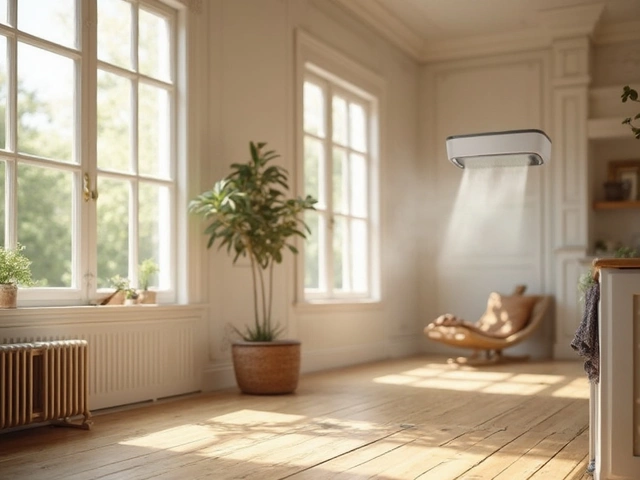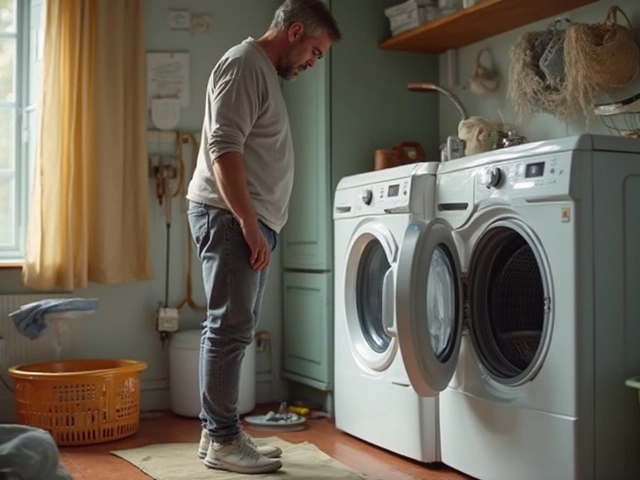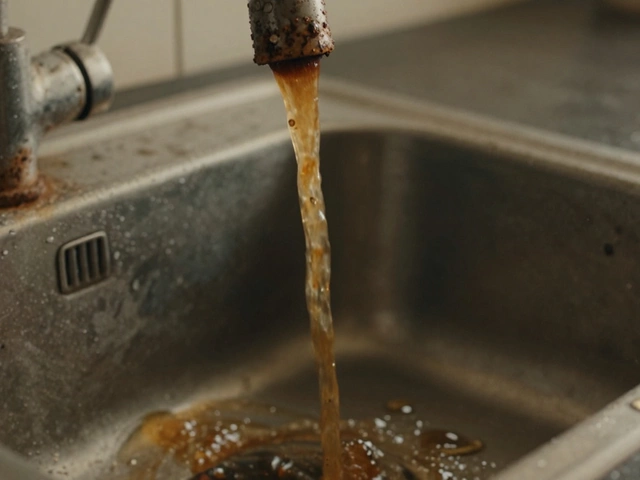If you ever walked into a room and felt a sticky, clammy vibe, you’ve met home moisture. Too much water in the air or hidden leaks can ruin paint, warp floors, and make you sick. The good news? Most moisture troubles show clear signs, and you can tackle many of them yourself before a professional is needed.
Before you start any repair, look for these red flags:
Catch these early and you’ll save money and stress.
1. Bathroom and kitchen ventilation – Turn on exhaust fans every time you shower or cook. If the fan is weak, clean the grill and replace the fan motor every few years.
2. Leaky pipes – A dripping pipe under the sink can turn into a hidden damp patch. Shut off the water supply, replace the washer, and tighten any loose fittings.
3. Basement dampness – Check the exterior walls for cracks and seal them with waterproof caulk. Run a dehumidifier during rainy months; keep it at 45‑55% relative humidity.
4. Roof and gutter issues – Clean gutters twice a year and make sure downspouts direct water at least three feet away from the house foundation.
5. Appliance leaks – Washers, dishwashers, and refrigerators can leak. Inspect hoses for wear, tighten connections, and place a water‑proof mat underneath.
These steps often stop moisture before it spreads.
Some problems need a specialist. If you see large water stains on ceilings, hear constant dripping behind walls, or notice extensive mold growth, a qualified repair service should assess the situation. They can test for hidden leaks, evaluate structural damage, and safely remove mold.
For example, heat pump issues like a unit not blowing warm air can cause excess humidity in your home. A professional can diagnose whether the problem is a simple filter clean‑up or a deeper refrigerant leak.
If your hot water heater keeps resetting, it could be a sign of internal corrosion—another moment for an expert.
Keeping your home dry isn’t a one‑time job. Here are habits that pay off:
By combining quick fixes, professional help when needed, and ongoing habits, you’ll keep moisture at bay and protect your home’s structure and health.
Remember, moisture is invisible until it hurts. Stay alert, act fast, and enjoy a dry, comfortable house year‑round.

Wondering if you actually need an extractor fan? This article unpacks whether having one is essential for your home, focusing on bathrooms, kitchens, and the impacts of poor ventilation. Get practical advice about when an extractor fan is a must, what can go wrong without one, and tips for repair and maintenance. Make sure your living space stays fresh, dry, and hassle-free. Say goodbye to foggy mirrors and damp smells.

Trying to figure out if you need a ventilation fan or an extractor fan? This article breaks down the differences between the two, explains how each one works, and shares tips for choosing and maintaining the right fan for your home. You’ll also pick up advice on recognizing issues, making easy repairs, and knowing when it's time to replace. If you’ve got problems with humidity, bad smells, or stuffy air, this guide is for you.

Find out why your tumble dryer isn't spinning and learn step-by-step fixes for common dryer problems. Stay informed with practical tips and real solutions.

When it comes to kitchen convenience, dishwashers are hard to beat. They free up our time, reduce water and energy use, and help keep our kitchenware sparkling clean. But how long should one really expect a dishwasher to last? This article will explore average lifespans, key factors affecting longevity, and practical tips for extending the life of your trusty machine, ensuring you get the most value and efficiency.

Watch for rusty water, leaks, strange noises, or no hot water-these are clear signs your water heater is failing. Age, higher bills, and bad smells mean it’s time to replace it before it breaks down.

A practical UK guide that tells you exactly who to call when your boiler fails, how to verify a qualified engineer, and what steps to take before and after the repair.